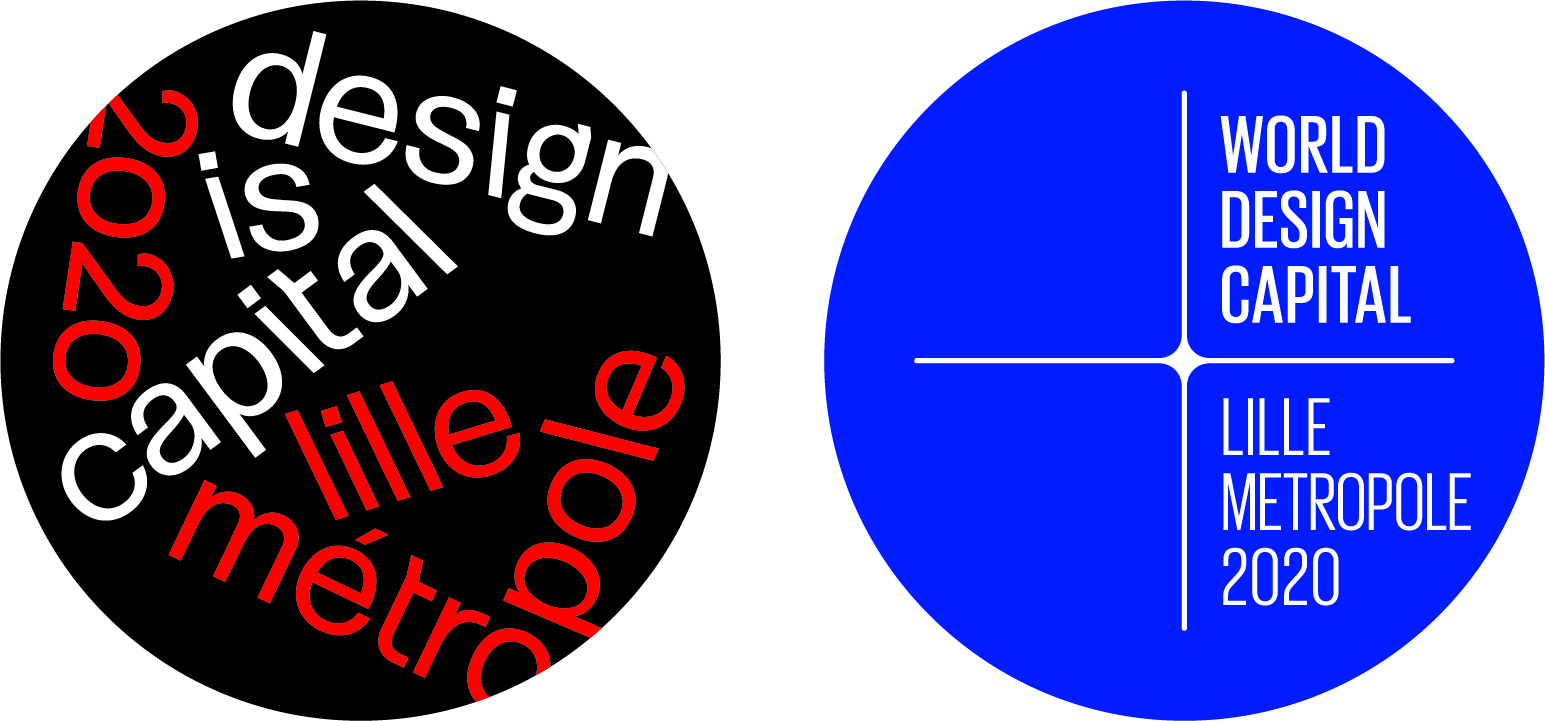POC IPSI
Infrastructures for Public Space Interaction
Public space is under attack. Today’s emergencies, such as social inequality, climate change and pandemics underline its fundamental role as the main space for interaction. This project proposes to reinforce public space with temporary interventions, using both physical and digital approaches.
From Speculation to Implementation
IPSI is a collaboration between ELISAVA DESIS Lab, MEATS, Barcelona’s City Council and Kn60Lab, a grassroots project that supports local youngsters’ collaborative initiatives. The project’s aim is to build and support a context of intersubjectivity, open-endedness and spontaneity for young people in socially complex neighbourhoods. Based on extensive research and inspired from other initiatives that prompt public interaction, speculative logic was used to explore future scenarios. IPSI rethinks public space in order to promptdiversity and social interaction in the post-pandemic era, counteracting the drift towards social isolation and civic desertification. A brief has been defined and a specific design proposal has been developed for Kn60Lab, to be implement in Raval, Barcelona. IPSI provides both a valuable reference framework and tangible solutions to empower the neighbourhood’s teenagers.
Dynamic Public Space
We live in an increasingly uncertain world, wherein traditional certainties are dissolving and change is part of the routine. The COVID-19 pandemic has accelerated the need for more dynamic approaches to urban planning, capable of creatively addressing change and rapidly finding opportunities to improve the city, given its unpredictability. Temporary space design formats are thus extremely pertinent, since they are adapted to continuous change and generate huge social impact, using few resources and fostering high levels of citizen implication.
IPSI explores the social potential of a dynamic design approach to public space, stressing the capabilities of ephemeral architecture and temporary spaces to generate social cohesion, citizen engagement and collaborative interaction.
- Project holders: Polimi DESIS Lab. – Politecnico di Milano – Department of Design
- Designers: Davide Fassi, Anna Meroni, Francesco Vergani, Martina Mazzarello, Ambra Borin
- Stakeholders: Commune de Milan, AMAT – Officina Urbana
- Video credit: Polimi DESIS Lab. – Politecnico di Milano – Department of Design, POC IPSI
